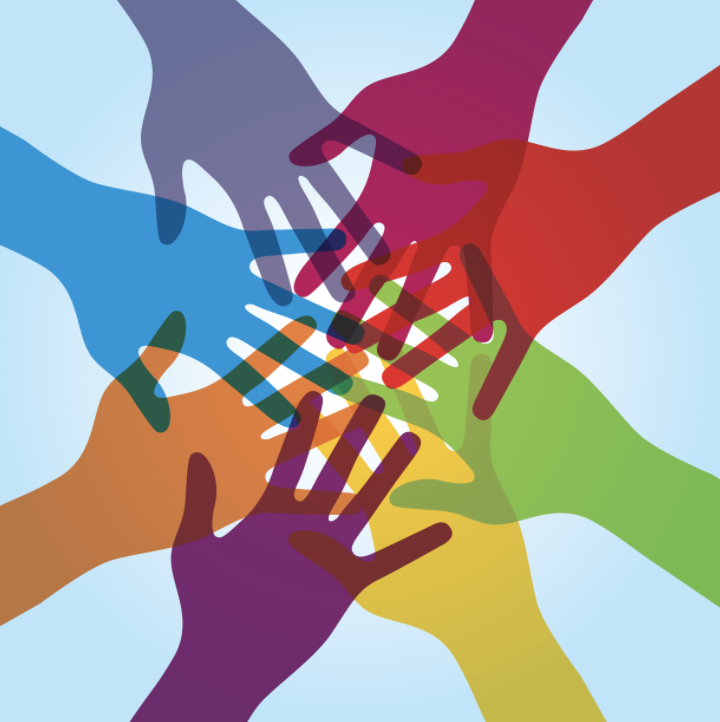March 31, 2017
March 31, 2017
I have written to you several times this year about our progress towards our Board goal of creating a culture of inclusion in our school district. I have witnessed powerful events in our schools, led by students, parents, and employees, that celebrated inclusion and discussed its importance in our community. Some of those events include:
- MBEF sponsored Inclusion Grants for the first time ever. This effort was one of the positive results of the horrific fire-bombing of the Clinton house last fall. They generously donated the unused reward fund to MBEF for this effort. Students, parents, and employees applied and have done extremely positive things for our community.
- Facing History, a group devoted to addressing bias and helping teachers teach about issues of race, has spoken to all of our employees, and had an in-depth workshop our middle school and high school history teachers.
- The Anti-Defamation League is working with some of our elementary teachers on addressing issues of inclusion and bias.
- EMPact, a new community organization committed to helping Manhattan Beach become a more inclusive community, has developed a leadership group across all sectors of Manhattan Beach that will be a strong force for years to come. MBUSD is proud to be part of the EMPact leadership team.
- We have had wonderful elementary school celebrations, where students are recognized for their acts of inclusion.
- MBMS is working with Dr. Brandon Gamble to discuss implicit and explicit bias and how to break the cycle with adults and students.
- The MBMS Student Multicultural Union has held several student – led events to celebrate diversity on campus.
- There are many student clubs at Costa who have taken actions to promote inclusion, including the Black Scholars Union, the Gay Straight Alliance Club, the Jewish Cultural Club, the Latino Students Union, Friendship Circle, TEAM COSTA, and many more. The Mira Costa H.E.A.R.T. program also promotes inclusion in a variety of ways.
But our work is not done. In fact, I am sad to report that over the last few months, there has actually been an increase in reporting of name-calling, taunts, and slurs. This is particularly true at the middle school level. I am hearing this from school administrators, parents, and religious leaders. While we take disciplinary action, educate students on the impact and meaning of their words, and contact parents when this occurs, I want us to be more than just reactive. This is not who we are in the MBUSD community, and I want all of us to stand up and help make MBUSD a true place of inclusion.
We need to make it clear that our schools are safe places where all are welcome, and where hateful, derogatory, divisive, and discriminatory words and actions are not tolerated. We need to say this out loud in our conversations at schools, in the classrooms, and at home. Students listen. If respect for and appreciation of differences are what they hear and what they see modeled at home and at school, they will learn.
One of the national safety mantras we hear a lot is “See something. Say something.” We have to make it clear to all students that being inclusive requires us all to say something when we see incidents of exclusion and discrimination. We cannot be bystanders; it is critical to report hateful words and actions. It can be to a parent, teacher, counselor, or administrator. It can be to our anonymous WE-TIP hotline (via phone at 1.800.782.7643 or via the web), or it can be to one of our two MBPD School Resource Officers or other peace officers. This is a great conversation to have with our children.
As a parent, I try very hard to have regular conversations with my younger son about drug and alcohol abuse, safety, and kindness and respect for all others. When I hear about a discriminatory event on the news, I bring it up to him. I take full advantage of talking about these issues in our trips in the car together because there is no escaping the conversation! I am now infusing the “See something. Say something,” mantra into our conversations. And I’m not just talking about things that happen to him. If he witnesses injustice or intolerance to others, I want him to say something to someone. Doing nothing cannot be an option. One of the simple non-confrontational actions our children can take is to reach out to someone who is targeted and just say hello or that they care about them. There are so many ways to not be a bystander.
I hope you join me in talking with your children regularly about these issues. We will continue to have conversations with our staff about how we can be of service to our students. Together, we can work together and every day, make MBUSD a true place of inclusion.
Mike Matthews
